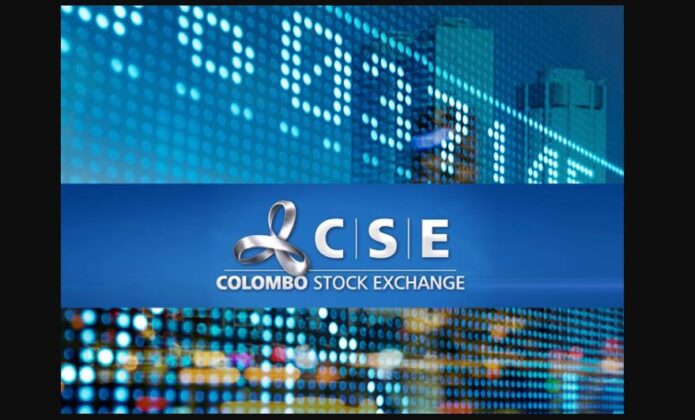CSE introduces regulated short selling through stock borrowing and lending
The Colombo Stock Exchange (CSE) on Thursday (26 Oct.) introduced Regulated Short Selling (RSS) through Stock Borrowing and Lending (SBL) to enhance trading opportunities, marking a groundbreaking development in the Sri Lankan stock market.
Issuing a press release in this regard, CSE noted that the initiative aims to promote market efficiency, liquidity, and investor confidence while fostering economic growth, aligning with international standards and practices.
The SBL mechanism connects lenders and borrowers of shares for a predetermined period, allowing them to capitalize on market trends as in prevailing interest rates, allowing only eligible securities specified by the CSE to partake in trading.
The eligibility of these securities will also be reviewed by the CSE on a quarterly basis, they further said.
“All investors who maintain Central Depository System (CDS) accounts will now have the privilege of engaging in SBL transactions as lenders and borrowers via the CDS through their respective trading participants and custodian banks (CDS participants). CDS participants are empowered to act as intermediaries for SBL transactions. Investors can seamlessly carry out SBL transactions by submitting the lending/borrowing orders using the participant pool account or by submitting orders directly to the CDS through their participants”, the press release further read.
The SBL mechanism also offers a unique opportunity for lenders to leverage a portion of their portfolio that may not be actively used for regular trading, while simultaneously earning an additional fee-based income. On the other hand, borrowers, too, can leverage the potential of price movements in a declining market, amplifying their gains.
CSE is also introducing RSS, with checks and balances designed to address risk management and market stability in the short selling practices, allowing for only the shares of specific listed companies meeting liquidity criteria to be deemed eligible.
Further, RSS can only be carried out through the Automated Trading System (ATS), using the services of a trading participant, and will not be permitted for orders submitted by clients via internet, the CSE explained.
“A key feature of RSS is the Uptick Rule, which will come into effect when the price of a share eligible for RSS declines by 10% from its previous closing price. In such instance, the system will validate short sale orders based on the Uptick Rule. Under the Uptick Rule, a short sell order must be at least one tick size above the last traded price of the share, ensuring that short sales are executed at a price higher than the most recent trade. The Uptick Rule prevents short selling at excessively low prices, reducing potential market manipulation and volatility. If a share’s price depreciates by 20%, RSS for that particular share will not be permitted until the price appreciates above the designated threshold”, the relevant release read in this regard.
Commenting on the initiative, CSE Chairman Dilshan Wirasekara said, “The introduction of regulated short selling through stock borrowing and lending is a testament to our commitment to fostering a dynamic and resilient financial market ecosystem here in Sri Lanka. This new initiative not only enhances our market’s attractiveness to both local and international investors but also reinforces our position as a progressive exchange.”
-adaderana

